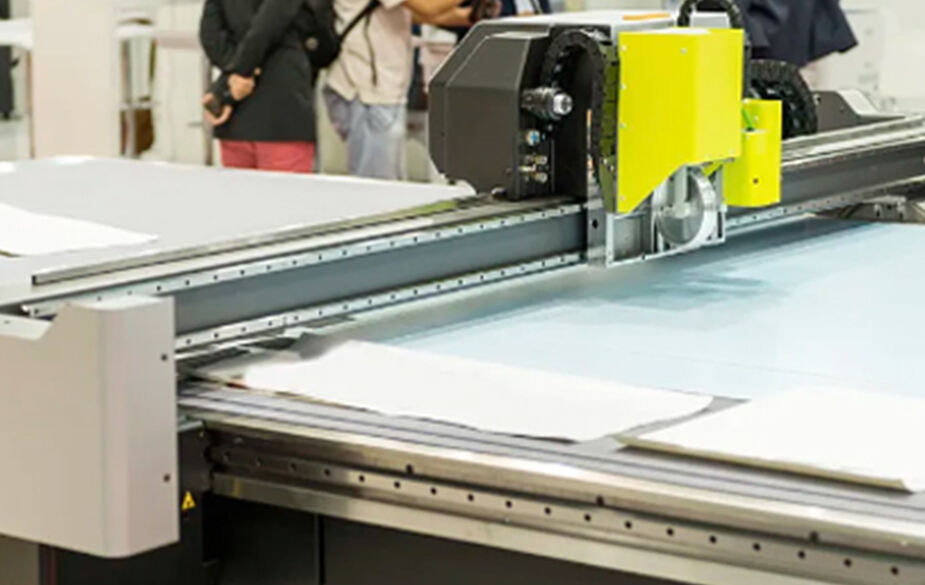The Revolution of Printing Press
Introduction:
Printing press, an invention that revolutionized the world of communication, has played a significant role in human history. This case study aims to explore the impact of the printing press on society and its subsequent development.
Historical Background:
The printing press was invented by Johannes Gutenberg in the 15th century, marking a pivotal moment in human civilization. Prior to its invention, books were hand-copied, making them rare, expensive, and accessible only to a privileged few. The printing press brought about a radical change by enabling mass production of books, which in turn led to a dissemination of knowledge and ideas on an unprecedented scale.
The Impact of the Printing Press in Europe
Democratization of Knowledge:
With the advent of the printing press, knowledge and information were no longer confined to the elite. Books became more affordable and accessible to a broader audience. This democratization of knowledge laid the foundation for the Renaissance and the Reformation movements, fostering critical thinking, scientific advancements, and social transformation.
Spreading Ideas and Cultural Exchange:
The printing press facilitated the rapid spread of ideas across Europe. Philosophical treatises, scientific discoveries, and religious texts were disseminated in various languages, transcending geographical boundaries. This cultural exchange contributed to the growth of intellectual discourse, as well as the development of national identities and languages.
Economic Transformation:
The printing press revolutionized the publishing industry, creating new economic opportunities. Printers, publishers, and booksellers emerged as key players in this new market. The demand for books increased, creating jobs and stimulating economic growth. The printing press also paved the way for the emergence of newspapers, broadening access to news and shaping public opinion.
Preservation of Knowledge:
Prior to the printing press, books were susceptible to damage and loss. With the ability to produce multiple copies, the printing press ensured the preservation and dissemination of knowledge. Ancient texts and classical works were reproduced, preventing their potential extinction and providing a solid foundation for future intellectual pursuits.
Conclusion:
The printing press has left an indelible mark on human history. Its impact can be seen in various aspects of society, including education, culture, economy, and language. By democratizing knowledge, fostering cultural exchange, and standardizing languages, the printing press has paved the way for societal progress and development. Its influence continues to be felt even in the digital age, where printed books coexist with e-books, reaffirming the enduring power of this remarkable invention.

 EN
EN
 AR
AR
 CS
CS
 DA
DA
 NL
NL
 FI
FI
 FR
FR
 DE
DE
 EL
EL
 HI
HI
 IT
IT
 JA
JA
 KO
KO
 PL
PL
 PT
PT
 RO
RO
 RU
RU
 ES
ES
 SV
SV
 IW
IW
 ID
ID
 VI
VI
 SQ
SQ
 HU
HU
 MT
MT
 TH
TH
 TR
TR
 AF
AF
 GA
GA
 BN
BN
 BS
BS
 LO
LO
 LA
LA
 MI
MI
 MN
MN
 NE
NE
 MY
MY
 KK
KK
 UZ
UZ
 KY
KY











